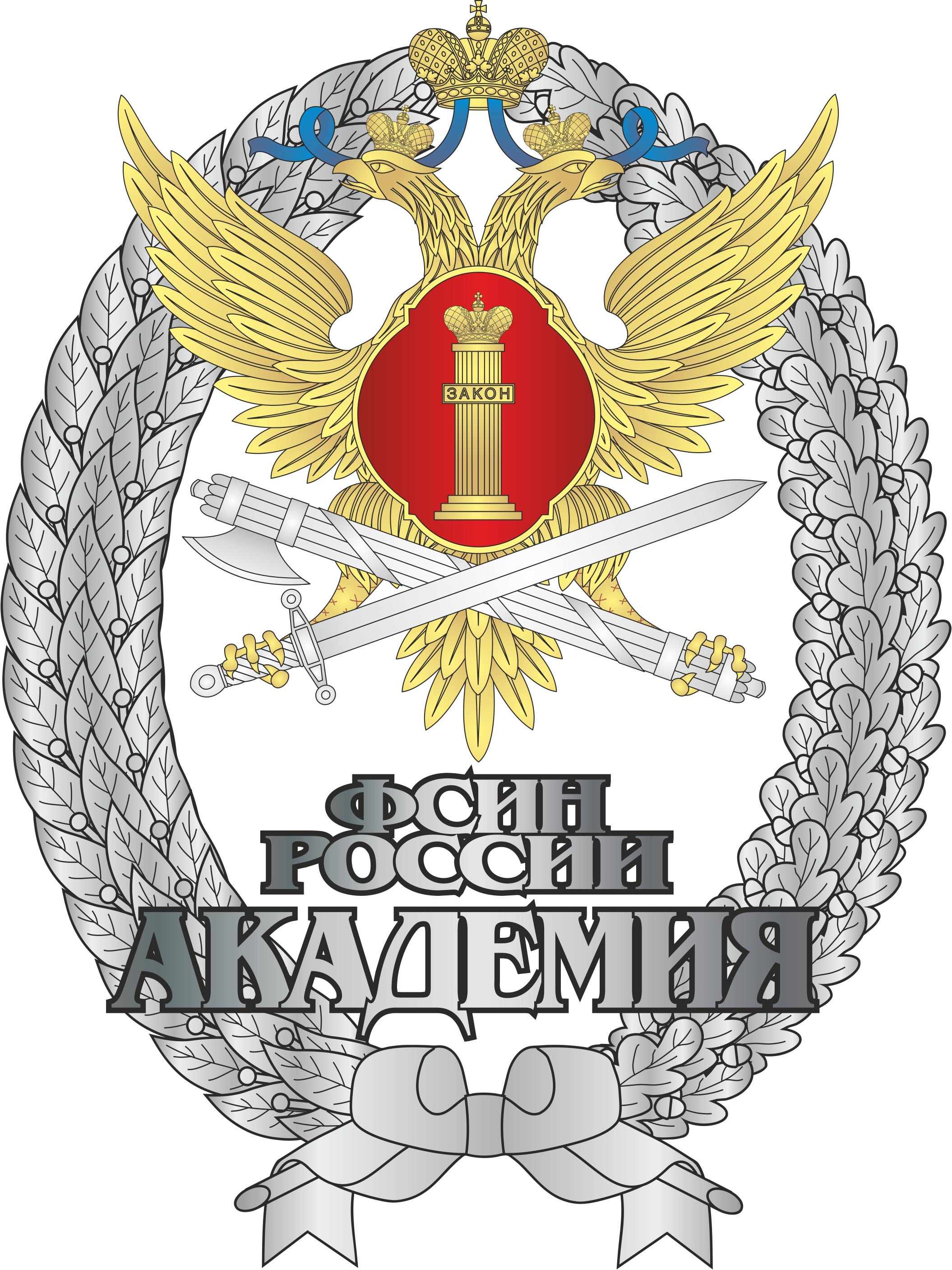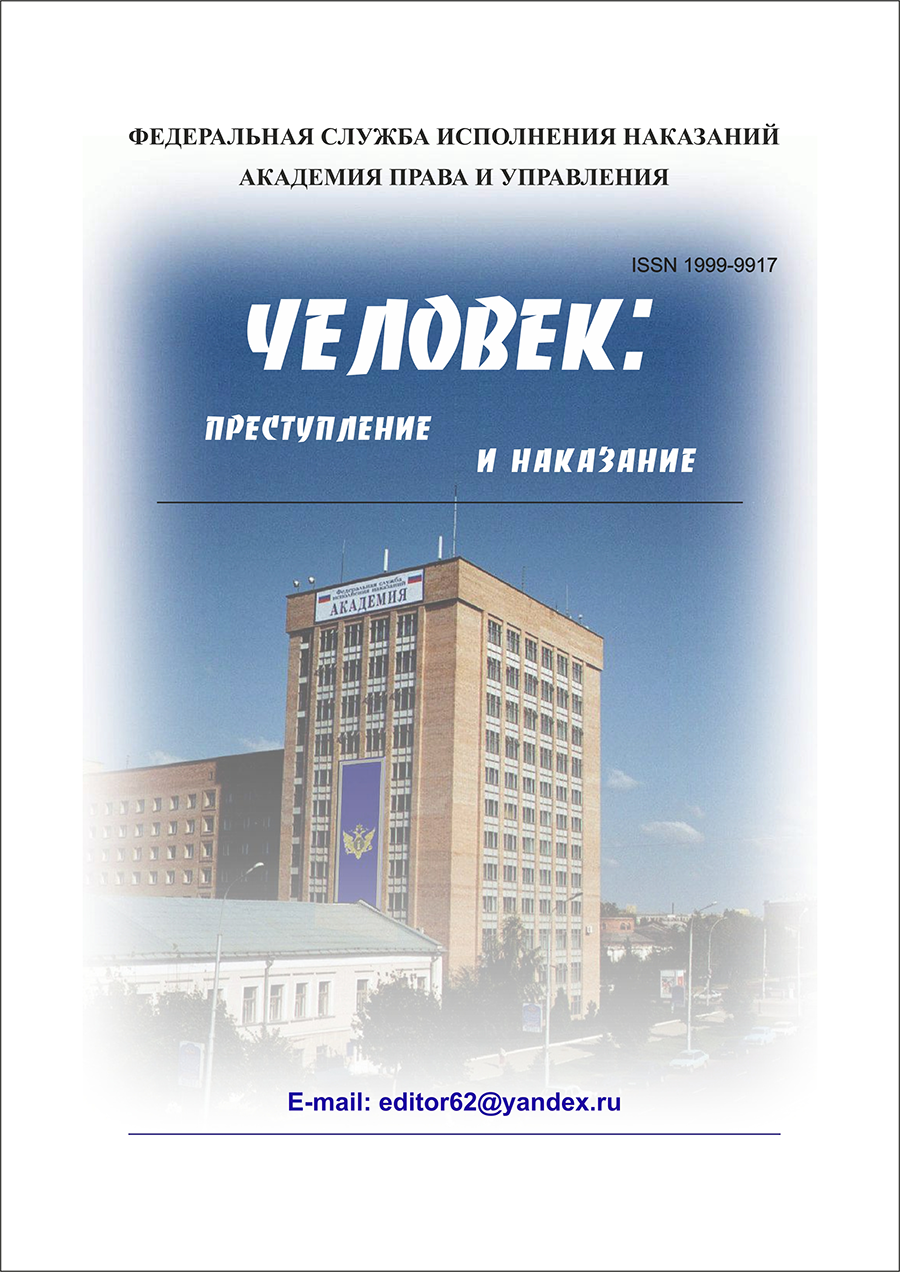Russian Federation
UDC 343.824
When preparing the article, the author saw his task, firstly, in a thorough analysis and synthesis of the experience of working with convicts in correctional institutions; secondly, in explaining the possibilities of using the results of the study, taking into account innovations in the educational sphere. Based on the generalization of scientific achievements, as well as forecasting the ways of development of changes, the author's interpretation of the data obtained is given; the stages of development of general education of convicts are highlighted, their content is disclosed. The analysis of the pedagogical potential of the formula given in the title of the article makes it possible to obtain complete and versatile information, to form a common position of the professional community of educational organizations in correctional institutions, to identify the attitude to the ongoing social, legal, scientific changes in the field of education and upbringing (education) of convicts. The relevance of the article is due to the need to search for the possibility of studying and constructive use of the positive experience of training and education of persons serving sentences in places of deprivation of liberty, tested for decades. We see such an opportunity in conducting historical and pedagogical research. The success of the proposed method is confirmed by the results of empirical studies that were obtained by us in the process of analyzing and synthesizing psychological and pedagogical literature, as well as understanding personal experience.
educational process, education, upbringing, training, teaching, teaching, principles, educational system, readaptation, resocialization
1. Marks, K. & Jengel's, F. 1961, Essays, 2nd edn, vol. 20, Moscow.
2. Sturova, M. P. 1991, Educational system of correctional labor institutions: Sc.D (Pedagogy), Moscow.
3. Beljaeva, L. I. 2019, ‘On deprivation of liberty as a measure of punishment, and on the order of serving such (Temporary Instruction): a look through the century’, Man: crime and punishment, vol. 27(1-4), iss. 3, pp. 310-323.
4. Poznyshev, S. V. 1923, Fundamentals of Penitentiary Science, Legal Publishing House of the People's Commissariat of Justice, Moscow.
5. Hindanova, O. 2018, ‘A good example’, Crime and punishment, iss. 12.
6. Kanateev, A. 2018, ‘Golden Wedding on Teacher's Day’, Crime and punishment, iss. 12, p. 47.
7. Penitentiary psychology: textbook 2021, Prospect, Academy of the FPS of Russia, Moscow.
8. Ushinskij, K. D. 1953, Selected pedagogical essays, vol. 1, Moscow.









